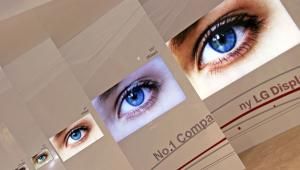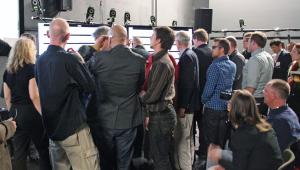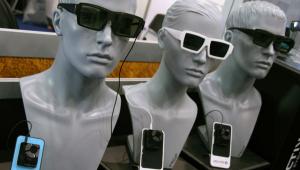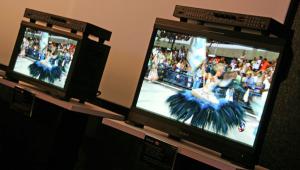Thwarting DVRs

So say the advertisers and content producers. Jamie Kellner, chairman and CEO of Turner Broadcasting from 2001 to 2003, went even further when he famously said in an interview that skipping commercials with a DVR was morally equivalent to theft. As he put it, "Your contract with the network when you get the show is you're going to watch the spots. Otherwise you couldn't get the show on an ad-supported basis. Any time you skip a commercial...you're actually stealing the programming."
I can see his pointwithout commercials, there would be no "free" TV. On the other hand, TV isn't free for most of us who pay cable and satellite bills every month. The only people who really get their TV for free are those who watch solely from an over-the-air antenna, and most probably don't have a DVR.
To be completely fair, cable and satellite fees don't come close to paying for new TV programming. The content and production are paid for by advertisingjust as they are on UAV and all other commercial websites.
Of course, no one is going to be prosecuted for "stealing" TV programming by skipping commercials. Instead, broadcasters are looking for new ways to put products in front of us. The most obvious trend in this regard is so-called "product placement," in which products like Coke or Dell computers are prominently used in the main program.
A new trick I recently discovered is both intriguing and irritating. Two political shows on MSNBCCountdown with Keith Olbermann and The Rachel Maddow Showbring the hosts back in the middle of a commercial break for a moment or twoKeith takes a few seconds to re-announce upcoming stories, while Rachel goes further and inserts short segments of actual content. The result? As the commercials are whizzing past, I see the host for a split-second, causing me to stop and back up. In the process, I end up seeing more of the commercials, which is undoubtedly the goal.
Don't get me wrongI think the DVR is one of the greatest inventions in all of consumer electronics. And I certainly want to be able to easily skip the commercials. But I can't help thinking that if advertising lost most of its value, broadcast content would become very expensive.
If you have an audio/video question for me, please send it to scott.wilkinson@sourceinterlink.com.




























































